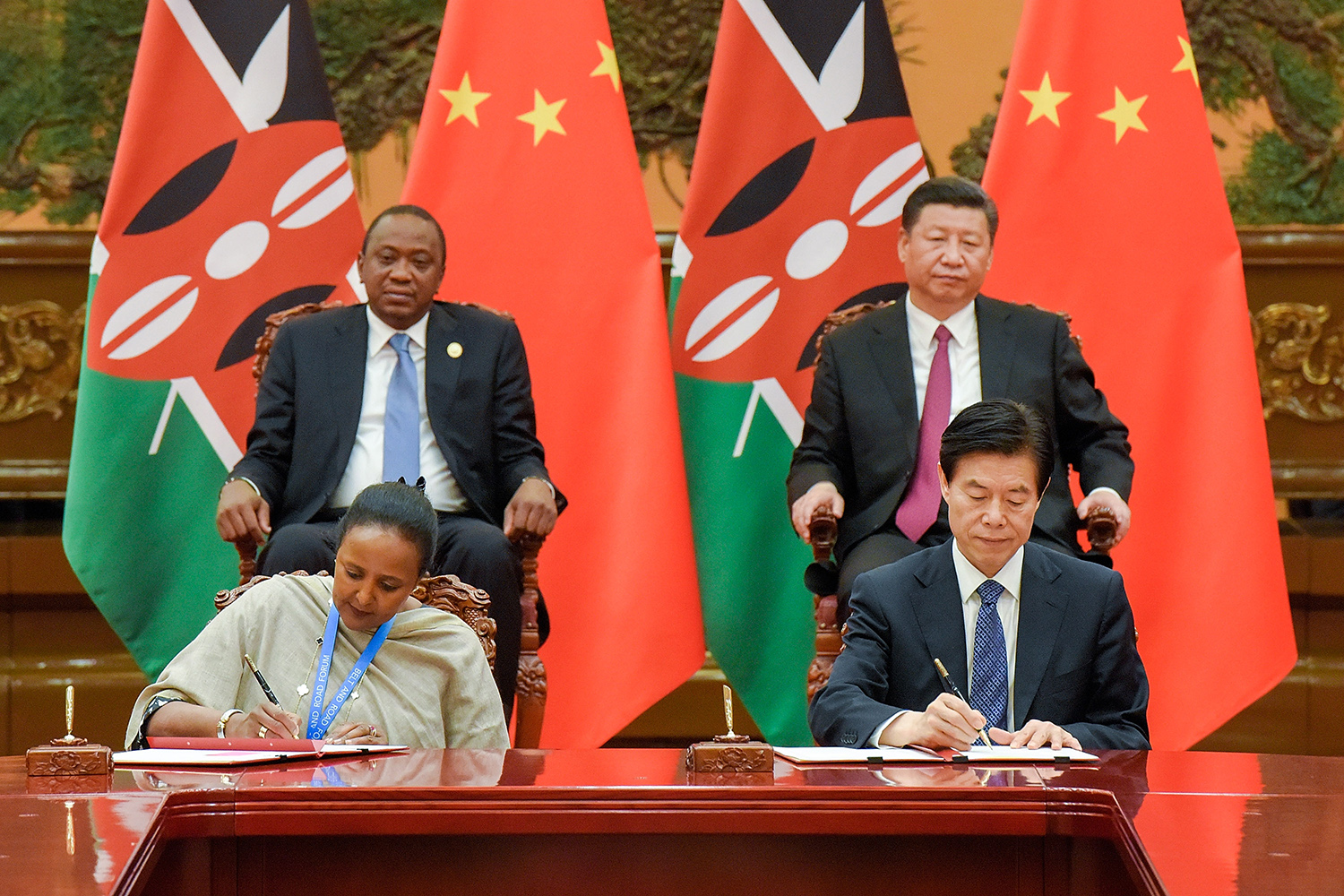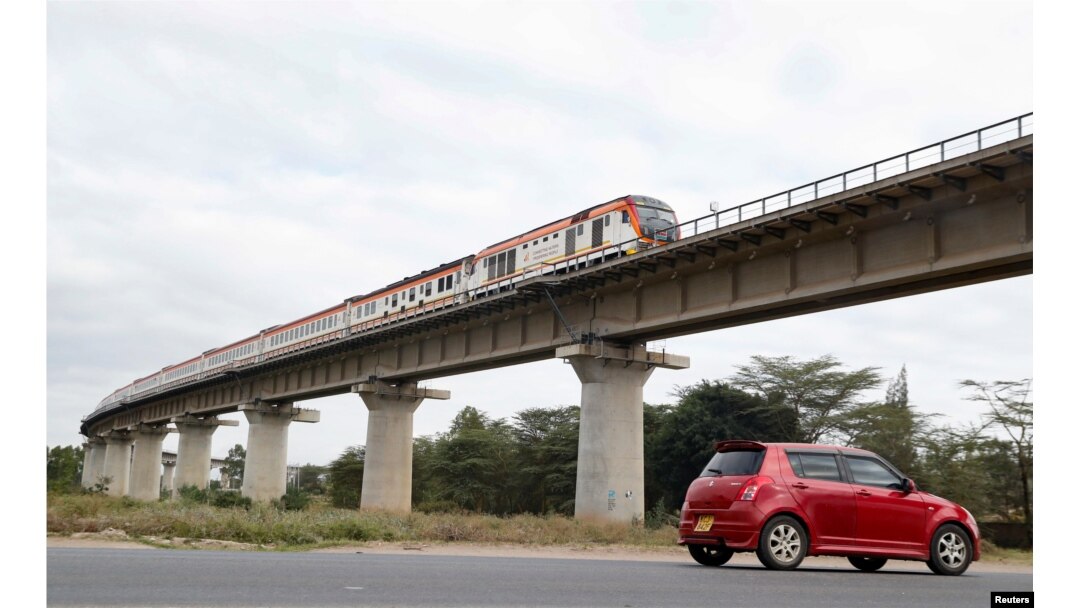China’s involvement in Africa has been a topic of much discussion and debate in recent years. While some view China’s engagement in Africa as a means to promote economic development and cooperation, others see it as a form of neocolonialism that is exploitative and harmful to African countries.
Here is a story about what China is really up to in Africa.
China’s engagement with Africa is multifaceted and covers a range of areas, including trade, investment, infrastructure development, and political and diplomatic relations.
China has become Africa’s largest trading partner, with bilateral trade between China and Africa surpassing $200 billion in 2020. China has also been investing heavily in African infrastructure projects, such as roads, railways, and ports, through initiatives such as the Belt and Road Initiative.

One of the primary motivations for China’s engagement with Africa is access to natural resources. Africa is rich in natural resources such as oil, gas, minerals, and agricultural products, which are vital to China’s economic growth and development.
China has been investing heavily in African resource extraction industries, particularly in countries such as Angola, Nigeria, and Zambia.
China has also been using its engagement with Africa as a means to expand its geopolitical influence and gain access to strategic locations. For example, China has been investing heavily in ports and other strategic infrastructure projects in Djibouti, which is strategically located at the entrance to the Red Sea and the gateway to the Suez Canal.

Critics of China’s engagement with Africa argue that it is primarily motivated by its own economic and geopolitical interests and that it is exploitative and harmful to African countries.
They argue that China’s engagement with Africa often involves deals that are opaque, lack transparency and accountability, and are harmful to local communities and the environment.

Despite the criticisms, China’s engagement with Africa is expected to continue to grow in the coming years. As China seeks to expand its economic and geopolitical influence globally, Africa is likely to remain a key area of focus. It remains to be seen how this engagement will impact African countries and whether it will result in mutually beneficial partnerships or exploitation and harm.







More Stories
Infotrak Survey Ranks Kenya’s Top MPs, Salasya Disputes Position
The Valentine’s Experience: Love, Flavor, and Romance Await at Café Deli
Celebrate Love in Style with PrideInn’s Unforgettable Valentine’s Packages